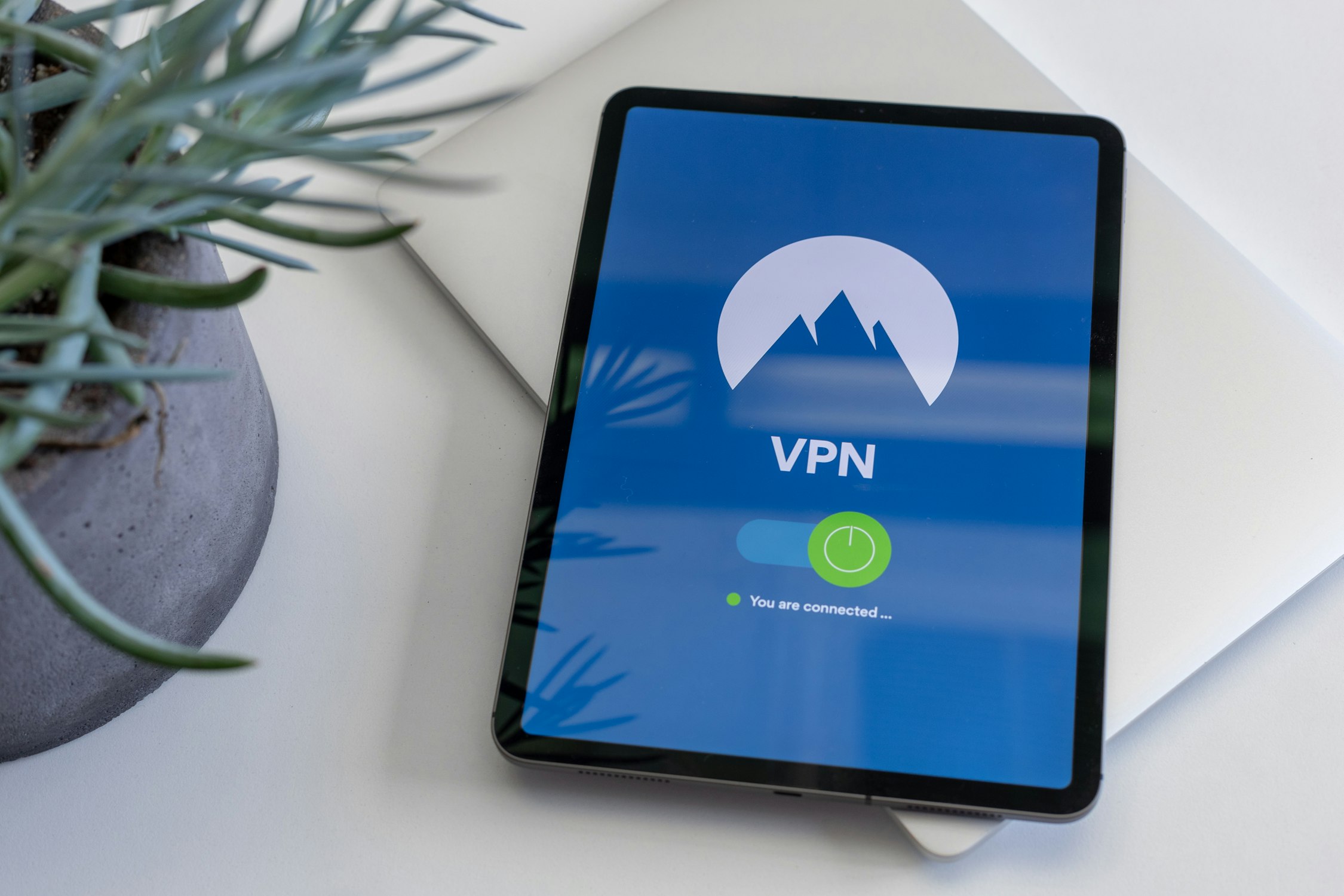Protecting Yourself As A Job Seeker In The Animation Industry
The world of job applications is now fully digital, particularly in the animation market. With most segments of the global animation industry growing at 2 percent, so are the job prospects – and the animations professionals seeking employment. Job seekers will spend an average of 11 hours per week searching for jobs, many of those on job websites, social media platforms or professional websites such as LinkedIn. In fact, 79 percent of job seekers will turn to social media platforms in their job search. While the shift in the job application process towards a more digitized one has many benefits, it also presents its challenges for those now entering the animation industry and the more experienced animation professionals. This includes increased vulnerability when sharing confidential information and portfolios. The issue of copyright infringement and protecting one’s work has long been a hot topic in the animation industry- and the risks are magnified when sharing your work in the bid to secure employment.

Switch On The Privacy Settings On Job Sites
Before you begin browsing or uploading your CV and portfolio on job websites, be sure to protect your identity and location by switching on your privacy settings. Some settings to keep an eye on while your search for jobs should include your activity broadcasts on social media platforms and privacy settings for your resume. You can either choose to set your viewing settings to private, which means your information is not viewable in the recruiter’s database or with limited visibility which allows only companies with access to the recruiting website to view your resume and contact information. You also want to be selective about the job sites you upload your resume onto. Check out the history and validity of the website including the existence of a privacy seal such as BBB online.
Familiarise Yourself With Signs Of A Scam Ad
One of the best ways to protect yourself when job hunting is to get to know the telltale signs of a fake job ad or recruiting company. Each year, thousands of unsuspecting job seekers fall prey to job advert scams and respond to them by sending off their CV and confidential email. Some also go as far as asking an application or database check fee. The problem is that not only do they now have access to your portfolio of sketches and animation, they also have access to personal details about you including your educational background and sometimes, financial details (if payment is made).
Separate Your Email and Contact Details For Job Applications
As an animation professional, your portfolio will be a key tool in your job hunt. Therefore, in addition to creating a strong animation portfolio, protecting it from being replicated or published without consent will be a key consideration for you. However, as with most animation job adverts you will be required to submit a sample of your work for consideration. Start with separating your email and communication channels for any career-oriented communications, including job applications and alerts.
You can also go the extra step and pursue federal registration for your work with the U.S. Copyright Office. The process costs $45 (this changes annually) and can be done online for digital work as well. Finally, upgrade the strength of your account logins by adding 2-factor authentication or using a password generator. This adds another layer of protection for hackers to get past if your account is targeted.
Log Your Job Hunt Activity
As you go through your job hunt, be sure to keep a log of any passwords and user accounts created on job sites. Once you have secured interviews and potential job offers, this log will become invaluable in helping to pinpoint you to the websites and databases your information, including uploaded CV is currently stored. You can then proceed with the task of erasing and deactivating these accounts- reducing the chance of any account breaches.
Looking for and securing employment can already be an arduous task. Job seekers have to think about the search and application process, and not to mention making the right impression in the interview stages. Adding a worry of data or personal information theft and scams should not be on that list. Simple hacks such as those above can help stay safe as you search for your dream job- and keep your intellectual property protected.
By Jane Evans
